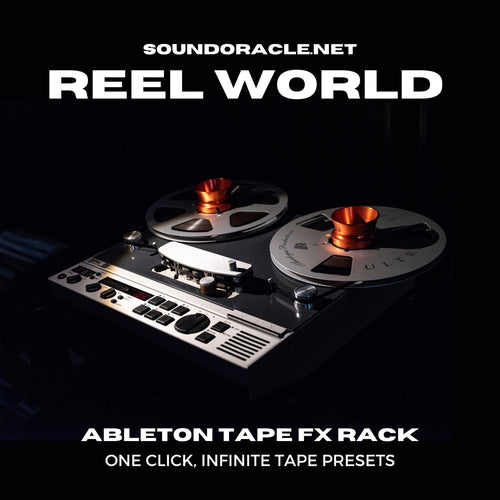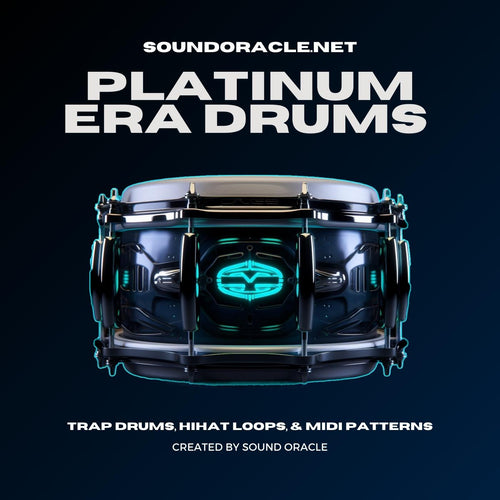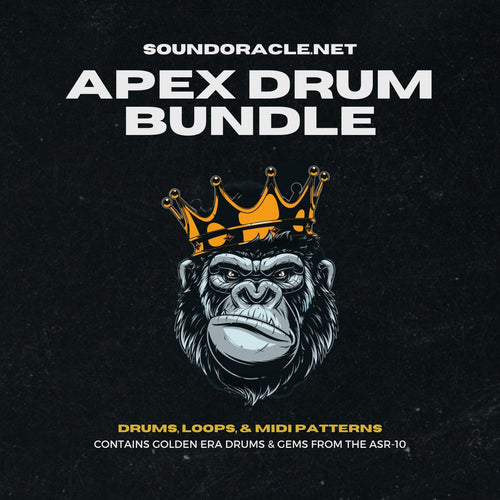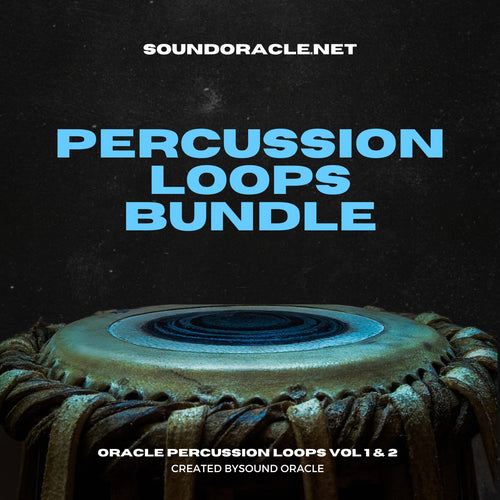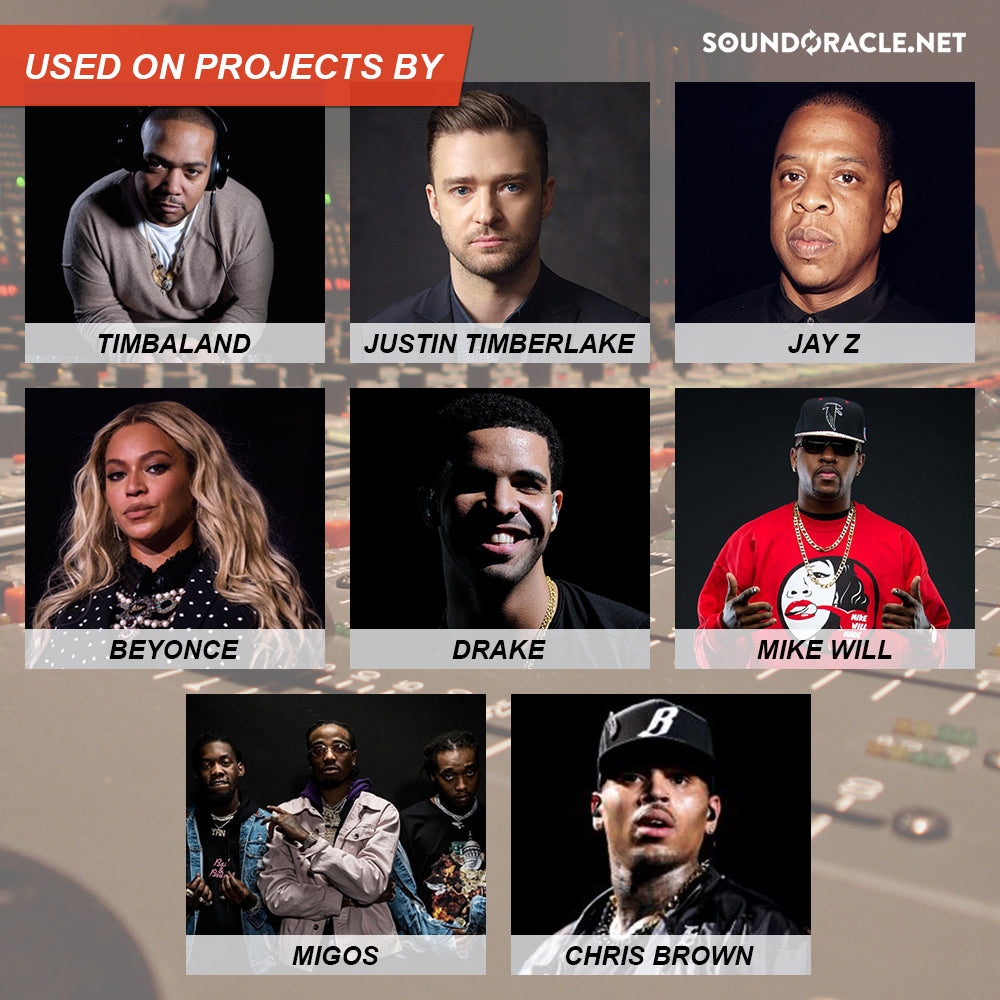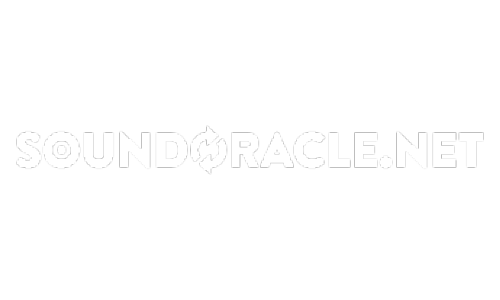What Are Tax Write-Offs?
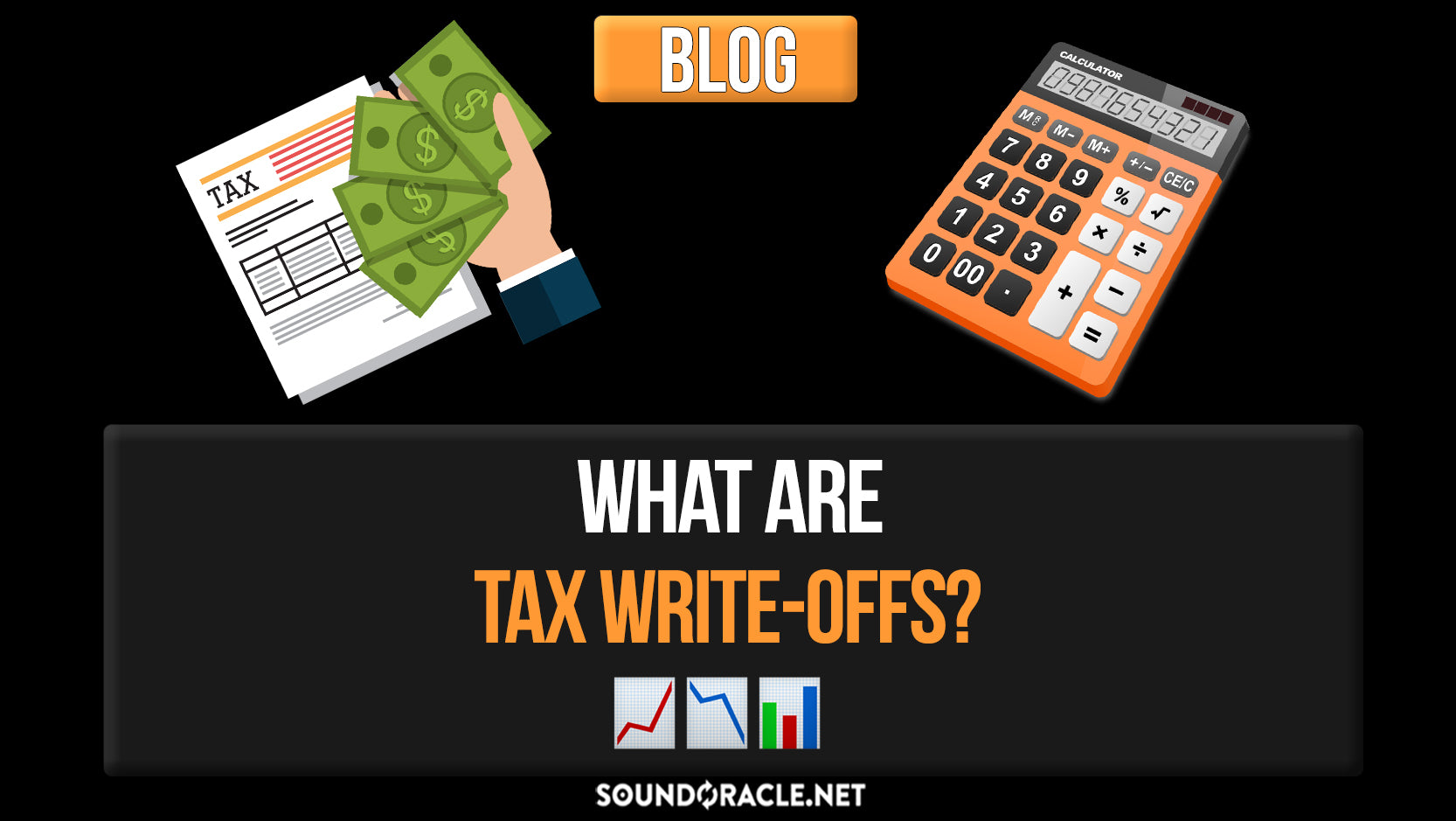
What Are Tax Write-Offs?
Written By: Eric “Realistic” Michael

If you’re a producer, engineer, artist, or musician, chances are you either have an LLC, planning on starting an LLC, you’re self-employed, planning on becoming self-employed or you’re getting paid for various work-for-hire gigs. Either way, that money you’re receiving usually comes to you without taxes being taken out; however, eventually you will still owe taxes on that money you’re making. For self-employment & work-for-hire gigs, you should file your taxes quarterly to avoid fees & pay smaller increments a few times a year instead of a large one at the end of the year. The taxes can add up quickly, but there are ways to bring that number down; they’re called write-offs!

So what is a write-off & how does it work? Is it free money that you get back like a 9-5 job does?
Write-offs are things like services, bills, & really any legit items you need to pay for in order to properly run your business.
At the end of each quarter & year, you will have to figure out how much you made for your business & how much you had to spend to run your business.
Usually you will subtract how much you spent from how much you made & you will owe a percentage of tax of the remaining amount.
What the percentage total comes to is based on your state guidelines & the tax bracket you fall in, but for most of us it's 15.3%.
It's not free money you will get back exactly though. It doesn't work quite like tax season with a 9-5 job, because oftentimes when doing work-for-hire & self-employment gigs - taxes, SSI, & medicare are not being taken out of the money that is put into your account using the methods you accept payment from. For instance when you make a beat sale, PayPal doesn’t take out money for SSI, Medicare, state, or federal taxes. Other than the PayPal service fee, you keep all of the money your client sent to you. Same with Venmo, CashApp, etc.
Because of this, you will have to pay taxes directly to the IRS at the end of each quarter. If you were working a 9-5 job, your employer has been handling all of this in the background & you don't have to worry much about it. That's part of the trade off when working for someone else’s business & brand; you get a certain sense of financial security & everything you owe to the government is taken care of for you for the most part & then you get to collect some of that back at the end of the tax year.
Sometimes when you’re self-employed you may receive cash back though, but that's if you had a bunch of write-offs that exceed how much you made. Be careful though. If you set your write-offs up so the IRS is giving you money back each year, eventually they will audit you. In the beginning it can be common to have your write-offs exceed the amount you made because you’re investing in equipment & start-up costs for your business. Even though you won’t always get money back & you will usually owe money each quarter, the write-offs you have for your business will drastically help lower what you owe each quarter. You may even find some quarters you owe little to nothing.

Let's do some math using general numbers so you have a visual.
Let's say you made $10,000 one quarter & you owe 15.3% of that to the IRS. Well without the write-offs, you now owe $1,530! That can be a lot to dish out!
Now let's say you made the same income, but you're also able to write off around $6,000 of expenses for that quarter.
Take the amount you made & subtract what you spent from it.
$10,000 - $6,000 = $4,000

You now have $4,000 left that you will owe taxes on, so you would take 15.3% from the number
$4,000.
You would owe $612 instead of $1,530 & that can be a big difference!

So what are some things that you can write off?
Here is a list of some of the things as a producer, engineer, artist, or musician you may be able to write off:
● Software & plugins (your DAW, VSTs, editing software, Photoshop, Final Cut Pro, etc.)
● Hardware & Equipment (computer, drum machine, MIDI controller, guitar, violin, speakers, interface, etc.)
● Streaming Services (Apple Music, Spotify, etc.)
● Research & Educational tools (coursework, online classes, books on techniques)
● Phone Bill
● Internet Bill
● Electric Bill
● Part Of Your Rent
● Gas Mileage (to & from the studio or performance gigs)
○ In 2020 you can write off $0.58 per mile traveled
● Studio Fees (the cost to rent out the studio per hour or per month)
● Merchandise (materials such as T-shirts or stickers you’re selling with your brand on it)
● Business meeting meals (you can write off up to 50% for a meal if it’s for a business meeting)
● Traveling for Business (plane tickets, hotel, & rental car for trips like networking events, performances, touring, or out-of-state studio sessions.)
● Office Supplies (pens, paper, light bulbs, cleaning supplies, etc.)
● PayPal Service Fees (or Stripe, Shopify, etc.)
● Kits from SoundOracle.net (yes, even sample & loop packs can be write-offs!)
You may be wondering how much you can write off of your internet bill, electric bill, & rent. There are two methods the IRS allows: the simplified method & the standard method. You’ll have to determine how much square footage your home studio or home office is. The simplified standard deduction the IRS allows is $5 per square foot of home used for business with the maximum being 300 square feet. So if your home-studio is 100 square feet, you can write off $500 per year. The problem with this one is you’re not writing off utility bills; however, if you’re in a pinch or don’t have time to figure out the standard method, this will be a fast way to write it off. You don’t have to use the same method every year either in case you don’t have time this year, but you will be able to find the time next year.
The standard method is a little more complex & takes a little bit more time. When using the standard method instead you will have to determine the actual expenses of your home studio or office. These expenses may include mortgage interest, rent, insurance, utilities, repairs, and depreciation.
Generally, when using the standard method, deductions for a home office are based on the percentage of your home devoted to business use. So, if you use a whole room or part of a room for conducting your business, you need to figure out the percentage of your home devoted to your business activities. To do this you will have to figure out what the square footage of your house is & what the square footage of your studio or office is.
For example if your house is 1,000 square feet & your studio is 100 square feet you would take 100 square feet divided by 1,000 square & that will give you 10%. You will be able to write off 10% of your rent or mortgage as well as 10% of your utility bills.

So if your rent each month is $800, you’ll be able to write off $80 for your studio. If your electric bill is $100, you will be able to write off $10 of it for your studio.
When doing your write offs, be sure to keep records of everything you plan to write off. You will want to keep all of your receipts & invoices.
We suggest using PDF scanner apps on your phone to take pictures of your receipts & uploading them to cloud storage, so you have links. For online purchases, save all your receipts to your computer in a folder.
A spreadsheet is a great way to log all your expenses. It will allow you to organize everything & calculate everything that you type in.
We made a special free template just for you that you can use in Microsoft Excel or Google Sheets.
Just click here to download it!
One last pro tip is upload all your receipts to a storage service like DropBox or Google Drive. This will give links to all your receipts. Now that you have links to each one, you can hyperlink each item in your write off spreadsheet so you have easy access to each receipt right on your spreadsheet as you’re logging things in.
Get More Great Tips + Updates - Subscribe

Our 808 Formula series is one of our most popular & the much demanded third installment is finally
here!
808 Formula 3 is a mega library of high quality 808s & you'll be sure to find the 808 that you need
for any production style or genre.
Whether you need 808s that are hard hitting, punchy, distorted, classic, unique, wide, long, short,
or just a deep sub, 808 Formula 3 has every kind of 808 you can imagine!
This 808 kit will fit your workflow perfectly & works with all types of modern production types: Trap,
Boom Bap, Hip Hip, Pop, R&B, EDM, etc.
JOIN MY UNQUANTIZED PODCAST COMMUNITY
.
JOIN MY UNQUANTIZED PODCAST COMMUNITY
Don't miss out Unquantized Podcast Live & Interactive by @soundoracle + @triza starting at 4 pm every Friday @IG !!!
YouTube `
Instagram
ERIC MICHAEL
REALISTIC PRODUCTIONS
(Engineer)

Realistic is a Music Producer and Engineer located in the Twin Cities. He has been producing music for Hip-Hop & Pop music since 2004. In 2017 he graduated with an AAS in Music Production & Engineering. Real is the chief mixing engineer for SoundOracle.net where mixes all loops & sounds on the site & also provides mixing & mastering services on the site to artists & producers.

What Is Love Sick?
Get inspired with our latest loop pack & overcome beat block easily!
Love Sick is a stunning collection of 28 modern R&B & chord progressions
Every loop is an instant hit waiting to happen & you'll be sure to come up with banger after banger.
The deluxe version of this loop pack includes all of the stems & MIDI files, so the possibilities for creating & arranging are endless!
Each loop is labeled with the key & BPM information making it easy to throw in your DAW & start cooking up right away!
Available in 2 Versions
Choose Your Version On The Product Page
1. Standard Edition: 28 original musical compositions. 28 total audio loops.
2. Deluxe Edition: 28 original musical compositions plus stems. 151 total audio loops + 28 MIDI chord progressions.

